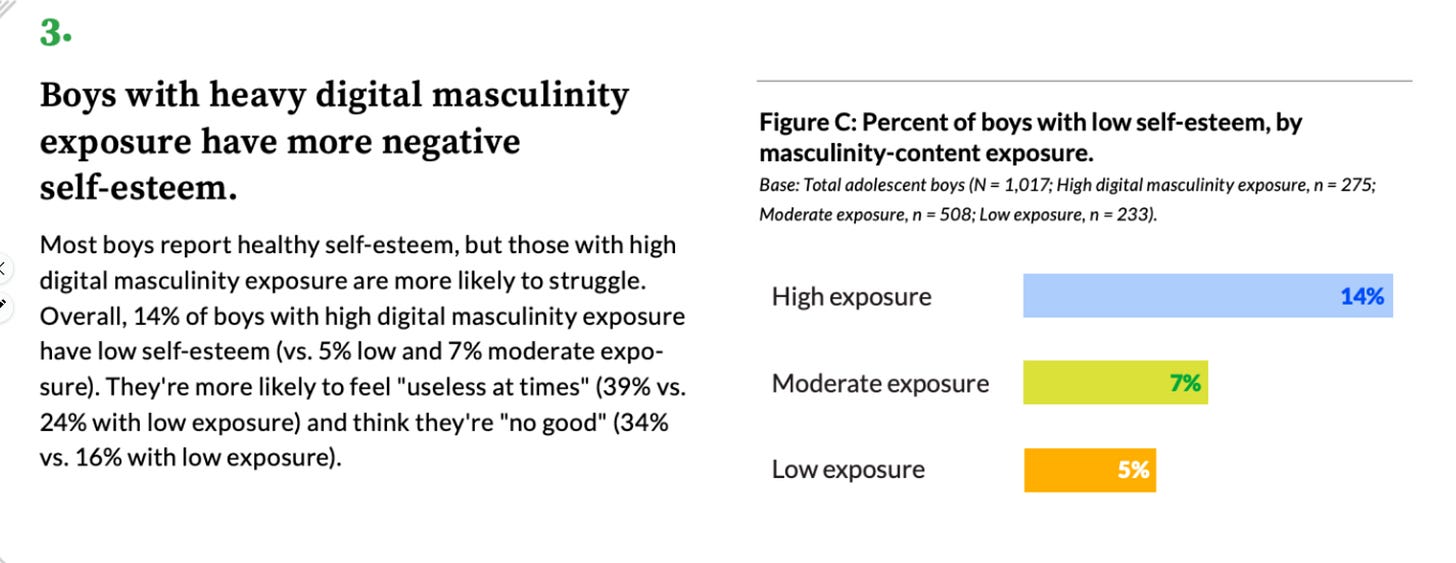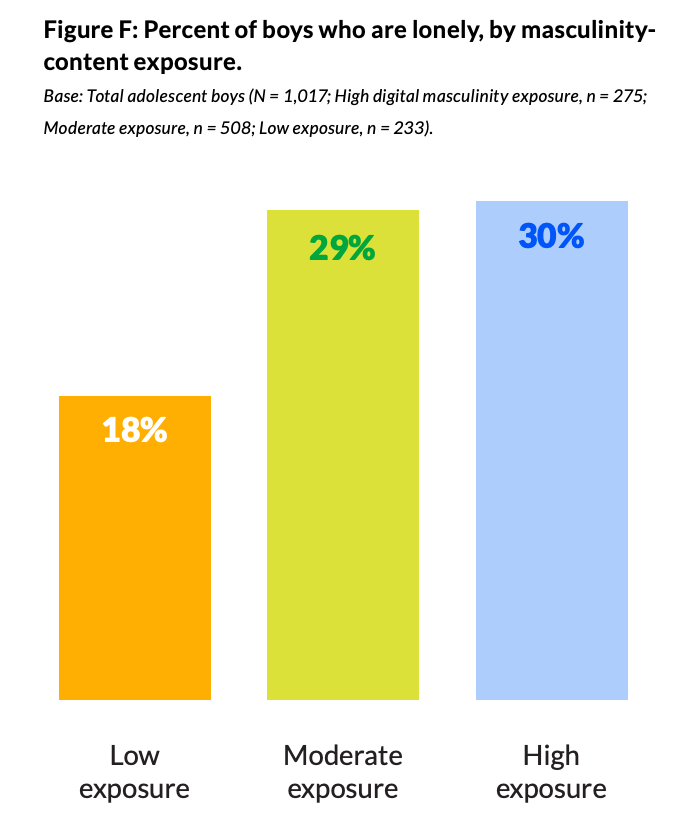
Women are often the heartbeat of the social side of Christmas — the cards, the gatherings, the baking, the presents, the details that make everything glow. But what men bring to Christmas is just as essential, even if it’s quieter and less visible.
Men bring structure. They’re the ones hauling the tree, hanging the lights, fixing what’s broken, driving through the weather, making sure there’s wood for the fire and fuel in the car. They create the framework that holds the celebration up — the unspoken foundation that allows everything else to happen.
They bring steadiness. When things get tense or chaotic — when someone’s late, or the kids are bouncing off the walls — it’s often the calm presence of a man that settles the moment. That quiet “it’s all right” energy grounds the room and restores a sense of safety and ease.
They bring tradition and meaning. Many men are the keepers of ritual: the same breakfast every Christmas morning, the drive to see the lights, the reading of ’Twas the Night Before Christmas. Their constancy ties the present to the past. It gives children a sense that they belong to something enduring.
And men bring humor — the kind that doesn’t just entertain but heals. When the wrapping paper piles up or the cookies burn, it’s a man’s grin or a playful remark that resets everyone’s mood. Men’s humor carries wisdom; it says, let’s not take ourselves too seriously. It reminds us that Christmas isn’t about perfection — it’s about joy.
Finally, men bring quiet joy. They find it not in the spotlight but in watching the people they love — a partner’s smile, a child’s laughter, the flicker of the tree in the dark. Their satisfaction is in knowing they helped create that warmth, often without needing credit for it.
When I worked as a therapist with the bereaved, I saw this again and again after a father’s death. Families would describe a subtle shift — not just grief, but a loss of containment. Without dad, things felt looser, more chaotic, less certain. The house might look the same, but the emotional gravity had changed. What they were missing was that quiet, stabilizing force men bring — the invisible boundary that holds the family together without needing to be named.
It’s one of the paradoxes of men’s contribution: you don’t notice it when it’s there, only when it’s gone.
Women make Christmas sparkle, but men make it stand. Together they form the harmony that makes the season whole — love expressed in different languages, both necessary, both beautiful.






















